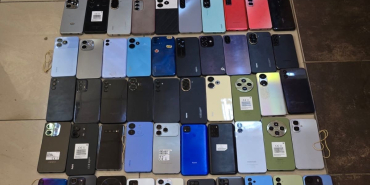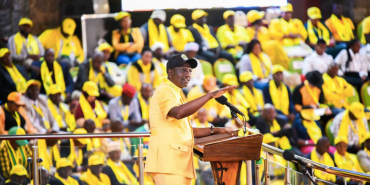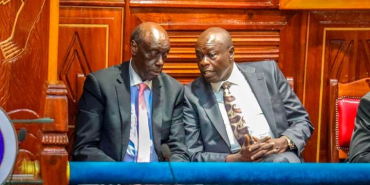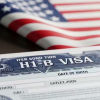How Nairobi's VIP Clubs Hide Dark Secret

Nairobi's nightlife is undergoing a rapid transformation, characterized by the emergence of high-end nightclubs and upscale bars across the city.
Social media is flooded with images and videos of opulent events where the city's elite gather to enjoy luxurious drinks and bottle service. However, beneath this glamorous surface lies a troubling reality: many of these establishments are implicated in money laundering schemes. As banking regulations become stricter, those seeking to disguise illicit funds are using increasingly sophisticated methods to conceal their activities.
High-end nightclubs in Nairobi have become attractive venues for laundering money, allowing illegal cash to merge with legitimate revenues. A notable figure involved in these operations, identified as Okwonko (a pseudonym), reveals insights into how the scheme functions. Okwonko, a West African national with deep ties to Kenya's financial system, works in cooperation with local contacts to facilitate money laundering through exclusive clubs.
These venues cater to clients aiming to launder significant sums, typically above Sh5 million, by integrating these funds into the clubs' revenue streams, effectively evading detection. One prevalent method for laundering money involves extravagant bottle service. Patrons frequently order overpriced spirits, such as Glenfiddich 40-year-old for Sh289,000 or Macallan No.6 for Sh590,000, often in exaggerated quantities.
This ostentatious display, featuring bottle girls presenting premium drinks with sparks, music, and cameras, serves as a mere facade for a more complex operation. Before opening hours, large sums of illicit cash are delivered to the club's back office, where an accountant generates two sets of bills. One reflects the actual number of bottles ordered, while the second is inflated to justify the excess cash.
As the night progresses, club security transports these earnings, now indistinguishable from illegal cash, to local banks, thereby obscuring the line between legitimate and illicit funds. John (a pseudonym), a waiter at a high-end club on Ngong Road, sheds light on the deceptive practices involved. In VIP sections, patrons may order two bottles but are presented with six or eight for the sake of spectacle.
The extra bottles are discreetly returned later, yet the inflated records remain. This elaborate operation minimizes traces for investigators. Forensic expert David Chomba points out that once the funds are deposited, they re-enter the economy as legitimate transactions disguised as payments for services such as music consultancy or sound maintenance, complicating efforts for authorities to trace the origin of the funds.
Despite the prosperity of Nairobi's high-end clubs, the seamless laundering processes employed raise significant concerns regarding the integrity of the city's nightlife and the broader implications for financial crime enforcement.














Add new comment